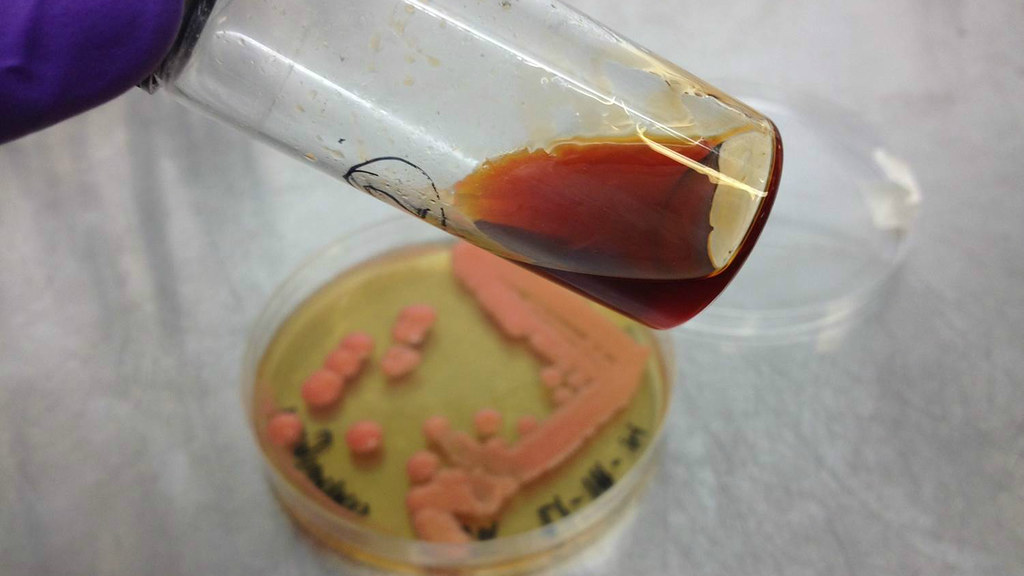Early laboratory tests suggest that by tweaking the growth conditions of the yeast, Metschnikowia pulcherrima, we can produce an oil that is thicker than palm oil and that may even result in better quality products.
Palm oil is a common ingredient in food and cosmetic products worldwide. It can be found in products from lipstick to cookies and shampoo to instant noodles. Its ubiquitous use has led to serious environmental concerns - palm oil cultivation has been linked with deforestation as new plantations are being developed to meet the rising demand.
Two-fold reduction in carbon footprint
In addition to being a potential alternative to palm oil, our researchers have found that M. pulcherrima can grow on nearly any organic feedstock.
This means it can be produced using agricultural waste products such as wheat straw which would normally be burned. This would make the reduction in carbon footprint two-fold as no extra agricultural land would have to be cultivated.
The research is led by Prof Rod Scott from our Department of Biology & Biochemistry and Dr Chris Chuck from our Department of Chemical Engineering. The two are working together in our Centre for Sustainable Chemical Technologies which focuses on developing new molecules, materials and processes for sustainability.
World-leading research on sustainability
The cross-disciplinary centre draws expertise across nine different departments including Chemistry, Chemical Engineering and Biology & Biochemistry.
According to the independently-assessed Research Excellence Framework 2014, the impact of our chemistry research was deemed the fourth best in the UK with 98% of its research world-leading or internationally excellent.
Read the Guardian’s feature on this research
Find out more about the research carried out at our Centre for Sustainable Chemical Technologies

